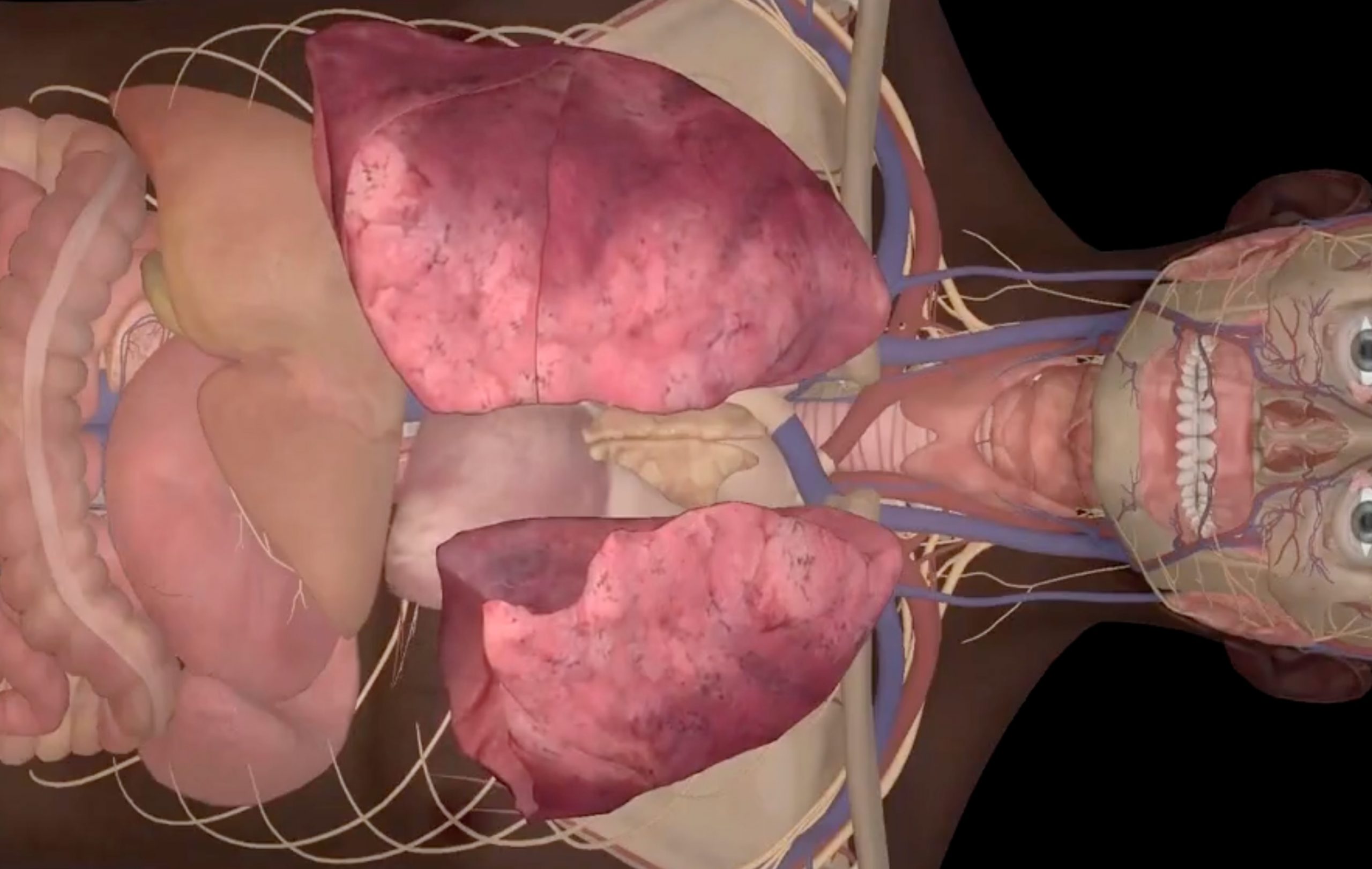
Inside Pittsburgh tech: Lumis uses augmented reality to train nurses

This is part of a series giving you an insider’s view of the products coming out of Pittsburgh to change the world.
When you have a medical issue, there are many things to worry about — from the implications of your illness or injury to how you’re going to pay for it. Having to worry about the skills of the people who are helping you — and there are many people involved when you’re in surgery — shouldn’t be one of them.
Yet medical mistakes happen. In Allegheny County alone, Pennsylvania courts recorded 262 malpractice suits in 2020. According to the peer-reviewed Nursing magazine, newly graduated RNs with less than a year of experience in patient care are involved in 49% to 53% of medical errors, which vary in severity and type.
Bloomfield-based Lumis is adding augmented reality training and tools to provide nurses with a more comprehensive learning experience so that even the newer nurses will be able to provide you with care at higher levels.
Describing the Lumis training methodology, CEO Nehal Bhojak says, “It’s an interactive experience … We also measure that interaction to ensure that a procedure has been done correctly.”
Watch Bhojak explain how Lumis works:
A good example is how Lumis improves training for intubation — a procedure in which the medical practitioner inserts a tube in your trachea (part of your throat) to ensure your airway is not obstructed. It’s a common procedure (that you might have seen in medical dramas) that is part of nurse training. Yet, it is “notoriously difficult,” according to Bhojak, as it happens predominantly within the patient’s body, out of sight.
“Using augmented reality in addition to normal physical training adds so many layers of depth and immersion that lets you get it absolutely accurate,” says Bhojak.
Lumis’ peripherals can measure depth, pressure, touch and feel — and let a medical professional know if they doing the procedure correctly. Since the mannequins on which the nurses are learning are opaque, the learner cannot see what’s happening inside.
Lumis is already in use in local nursing schools at the University of Pittsburgh, Duquesne University and Robert Morris University.
How do students know if they’ve made a mistake while training? I asked Bhojak via Zoom to explain:
At Robert Morris, more than 90% of the students are using Lumis’ learning modules on their own time, and about 50% of the students are repeating modules to reinforce learning.
At Pitt, senior nursing students use the Lumis technology in an immersive workshop on medication safety and cardiac pharmacology. Their training includes nine scenarios to foster critical thinking and decision-making for managing various cardiovascular conditions — just like they expect to encounter after graduation.
Early successes are impressive. At Pitt, 93% of the students agreed that the workshop increased their understanding of medication titration (a method of personalizing medication doses). While at Duquesne, pre- and post-score quiz assessments increased from an average of 76% to 91%.
“Our sweet spot is to connect concepts to practice — training where you get visual cues, but you have to practice and layer on that tactile manipulation,” Bhojak says, “We want to unleash trained medical professionals into the workforce to really have an impact on patient outcomes.”
David Radin is the CEO of Confirmed, an emerging SaaS company that uses advanced science to increase meeting acceptance rates. Know of a product or service being developed in Pittsburgh or by a Pittsburgh-based company that is cool, is creating growth, or will change the world? Let David know. Contact him at dradin+insidepghtech22@confirmedapp.com.
The post Inside Pittsburgh tech: Lumis uses augmented reality to train nurses appeared first on NEXTpittsburgh.
This content was originally published here.


